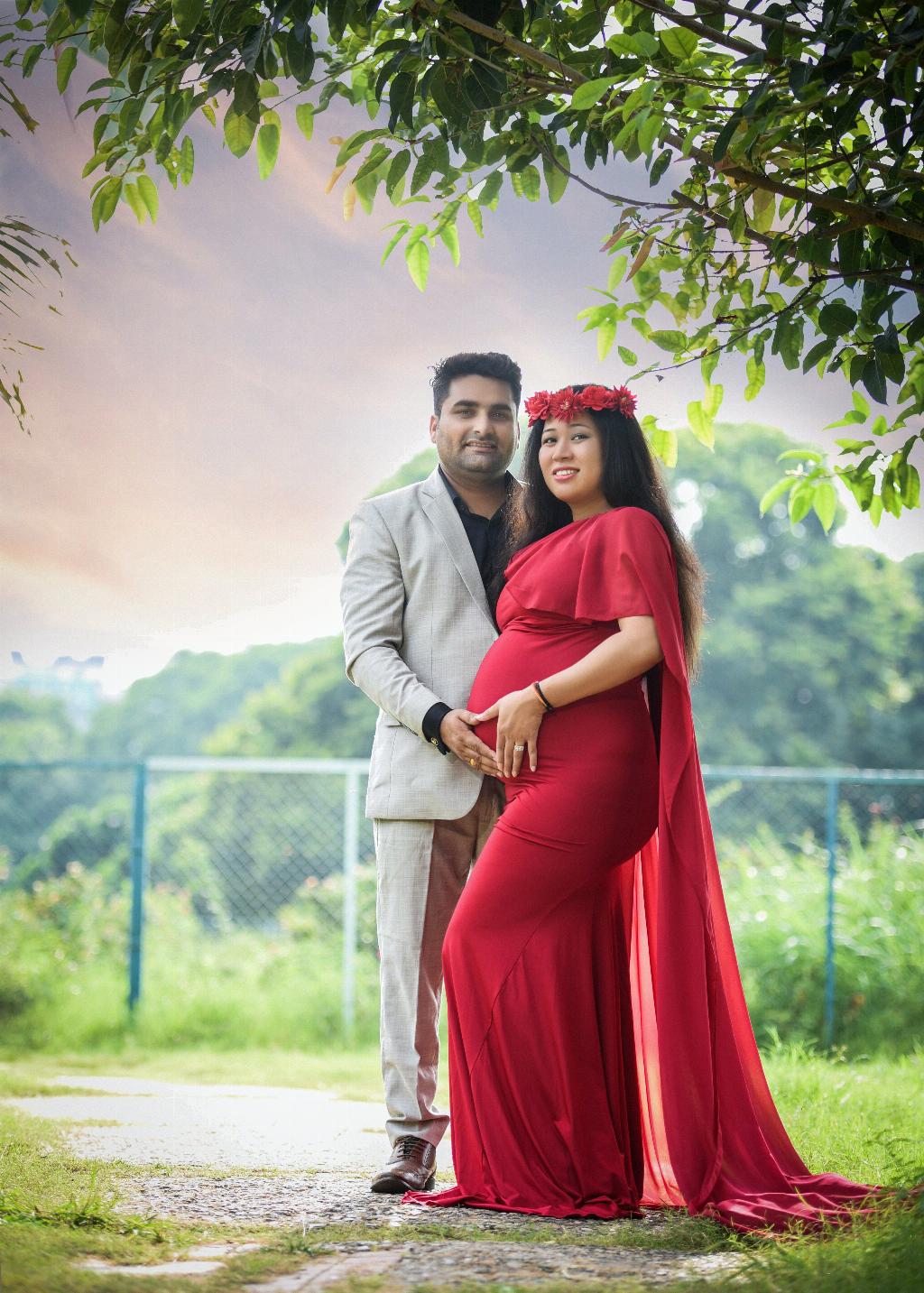Varicose veins are a common occurrence in pregnancy, with many women experiencing them, especially in the later stages of pregnancy. These veins are characterized by their swollen and twisted appearance, typically found in the legs, but they can also develop in other parts of the body.
Third Trimester Varicose Veins
During pregnancy, varicose veins are often more pronounced in the third trimester. The increased pressure on the veins, combined with hormonal changes and the expanding uterus, can contribute to the development of varicose veins during this stage.
Causes of Varicose Veins
Varicose veins during pregnancy can be caused by a combination of factors, including the weight gain and pressure from the growing baby, reduced blood flow from the uterus pressing on the vena cava, and the hormonal changes that relax the vein walls.
Preventing Varicose Veins
While it may be challenging to completely prevent varicose veins during pregnancy, there are steps you can take to minimize their development. Staying active, elevating your legs when possible, avoiding sitting or standing for long periods, and wearing compression stockings can all help alleviate symptoms.
Treatment Options
If you do develop varicose veins during pregnancy, there are treatment options available to help manage symptoms. These may include lifestyle changes, such as regular exercise and wearing compression stockings, as well as medical interventions like sclerotherapy or laser therapy.
Consulting with Healthcare Providers
It is essential to consult with your healthcare provider if you experience varicose veins during pregnancy. They can provide guidance on the best course of action to take and may recommend certain treatments or interventions to alleviate discomfort and reduce the risk of complications.
Monitoring for Complications
While varicose veins are typically a common and benign issue during pregnancy, it is crucial to monitor them for any signs of complications. If you experience severe pain, redness, heat, or swelling in the affected area, seek medical attention promptly.
Embracing Your Changing Body
It’s essential to remember that varicose veins during pregnancy are a natural part of the process for many women. Embrace your changing body and focus on self-care measures to promote overall well-being during this time.
Support and Understanding
Having varicose veins during pregnancy can be challenging, both physically and emotionally. Seek support from loved ones, and remember that you are not alone in experiencing this common phenomenon.
Final Thoughts
Varicose veins during pregnancy are a common occurrence, especially in the later stages of gestation. By understanding the causes, taking preventive measures, seeking appropriate treatment if needed, and embracing your changing body, you can navigate this aspect of pregnancy with greater ease and comfort.
Conclusion
Varicose veins may be a temporary discomfort during pregnancy, but with proper care and attention, you can manage symptoms effectively and focus on the joys of impending motherhood.

